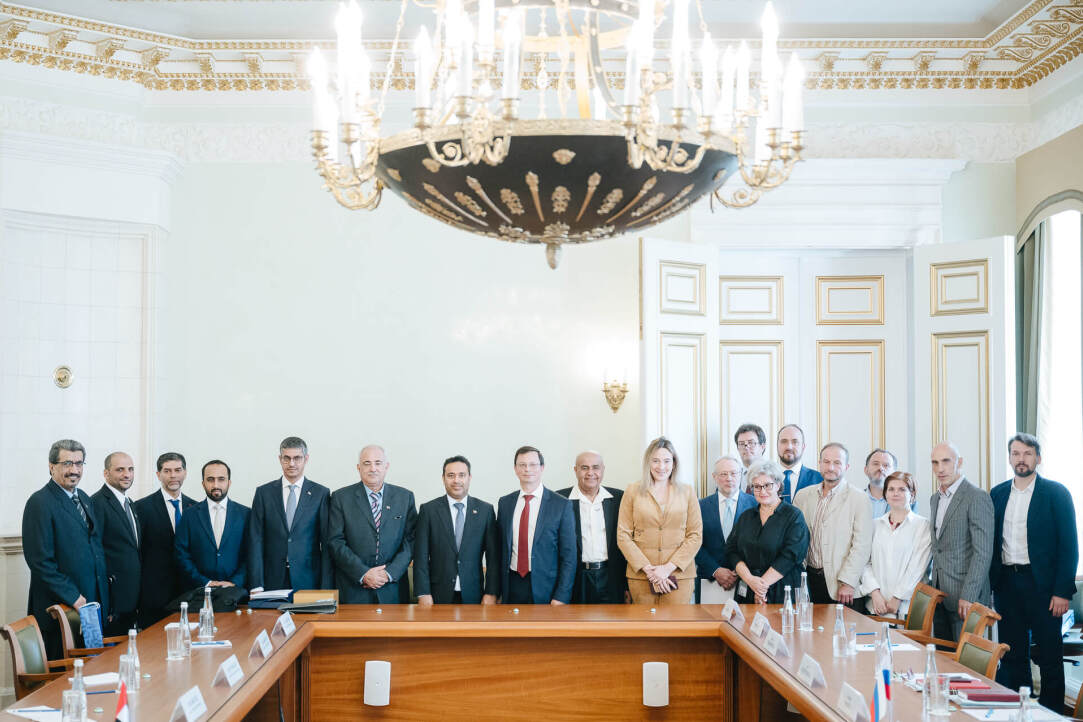
UAE Delegation Visits HSE University
HSE University Rector Nikita Anisimov has held a meeting with a delegation from the United Arab Emirates headed by Undersecretary of Academic Affairs for Higher Education at the Ministry of Education Mohammed Ibrahim Al Mu’alla. Representatives of leading universities in the UAE took part in the meeting.
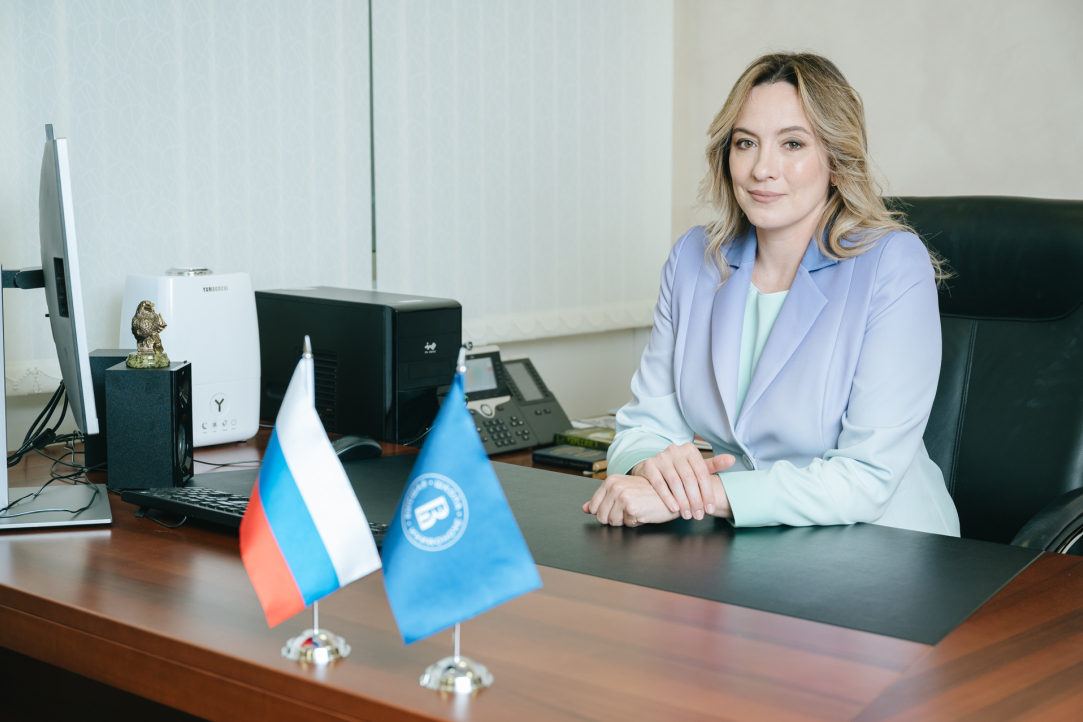
Victoria Panova: 'To Achieve Genuine Success in Our Development, Coordinated Efforts of All Subdivisions of the University Are Essential'
International academic and educational cooperation is a vital aspect of activities for Russian universities. At the beginning of the new academic year, Vice Rector Victoria Panova addresses HSE's initiatives in this area.
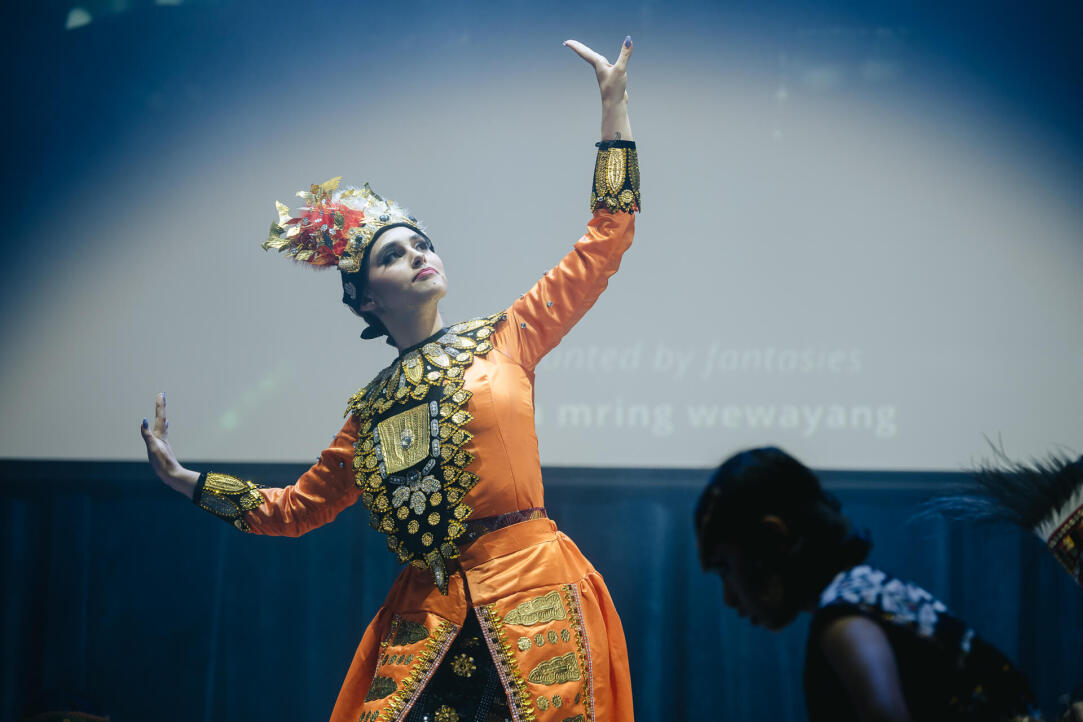
Garuda Festival at HSE University: Getting to Know Indonesian Culture
For the first time, HSE University has hosted the Garuda festival, where Indonesian students in Moscow could talk about their culture. The embassy of Indonesia helped organise the festival.
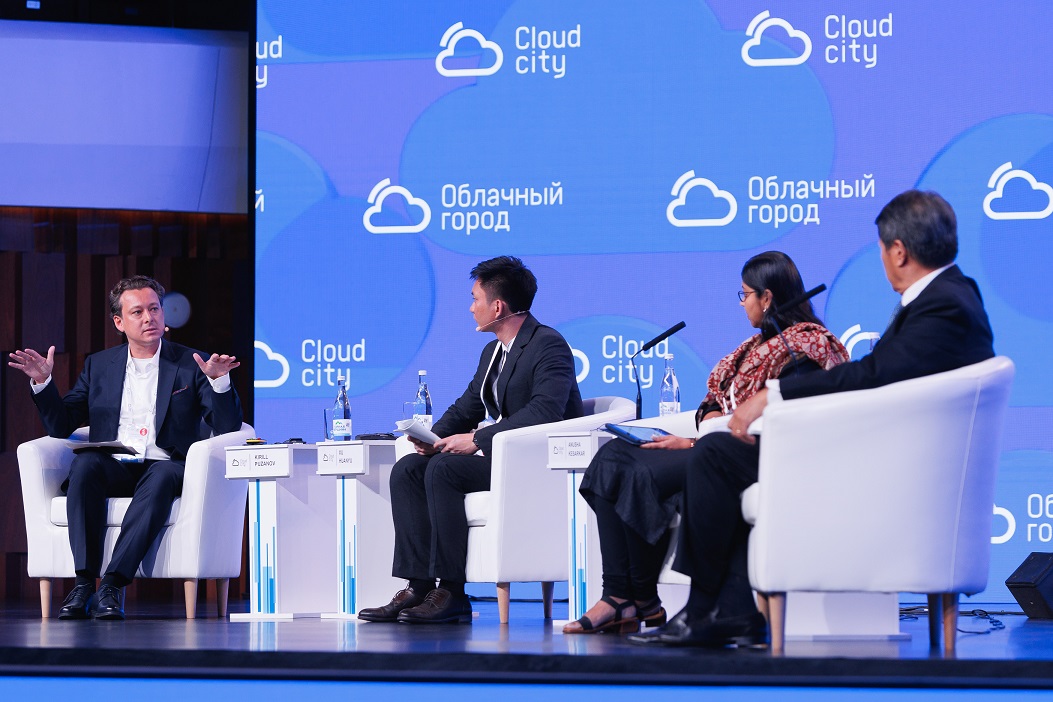
‘Seeing Moscow Ranked First among the Cities of BRICS Countries Is Pleasant, but Not Surprising’
An international consortium of research organisations from China, India, and Russia, including HSE University’s Faculty of Urban and Regional Development represented by experts from the Vysokovsky Graduate School of Urban Studies and Planning and the Centre for Social Research and Technological Innovation (CITY), is developing an index of technological and spatial urban development (the Urban & Innovation Environment Index). Recently, a list of the top 10 largest cities of the BRICS countries was published on the project’s website. The Russian capital took the first place in the ranking, followed by Beijing, Shanghai, Sao Paulo, and Guangzhou.
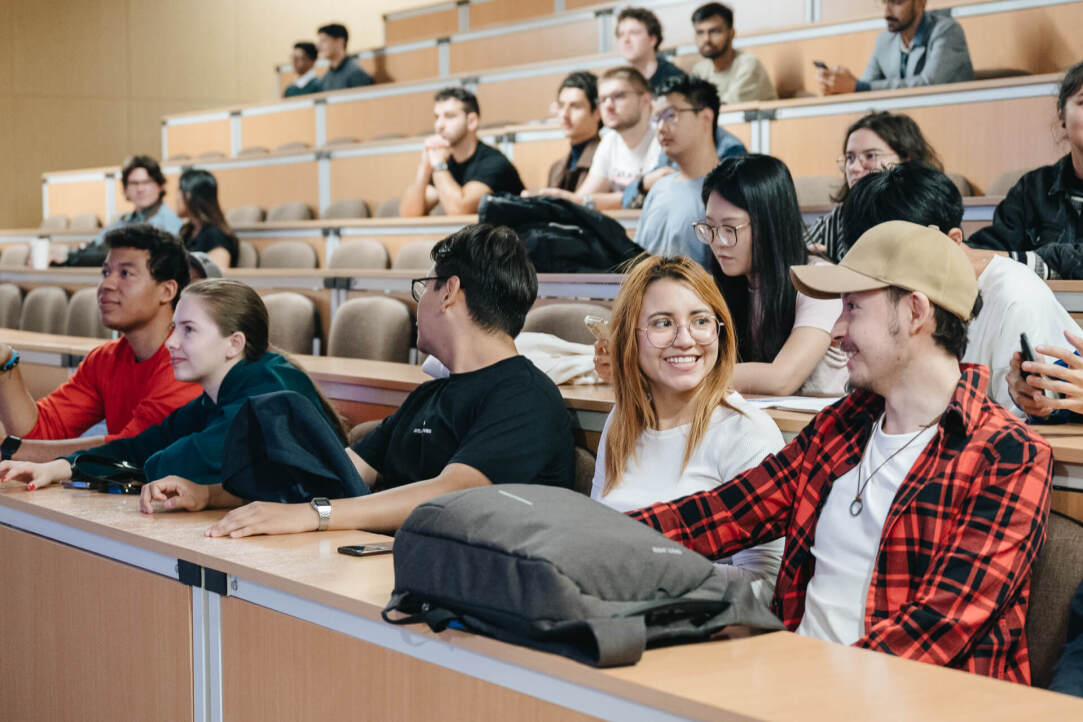
Orientation Sessions for International Students: ‘Being at HSE University Today is a Dream Come True’
HSE University’s Support and Career Centre for International Students and Alumni has held orientation sessions for incoming international students. During the meetings, the centre’s experts explained the visa and migration support available, talked about extracurricular student life, and gave tours of the campus and the city.
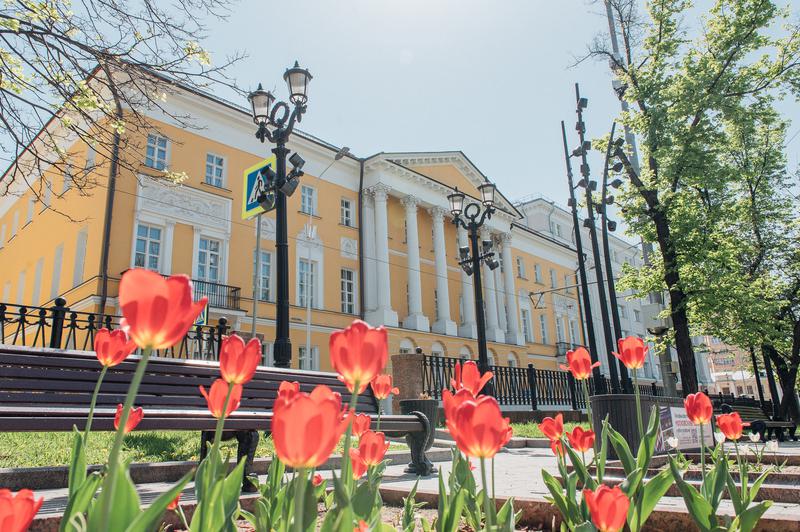
‘It Is Time to Find More Research Partners and Cooperation from Around the World’
Arnab Roy Chowdhury, Assistant Professor at the HSE School of Sociology, Moscow, has worked at HSE since 2017. In 2022, he was named one of the university’s best teachers by student vote. He has published several papers in internationally recognised journals and supervised a number of doctoral students. Below, Dr Chowdhury talks about his research career, the changes in the global academic environment, and the larger role of international scholarly cooperation.
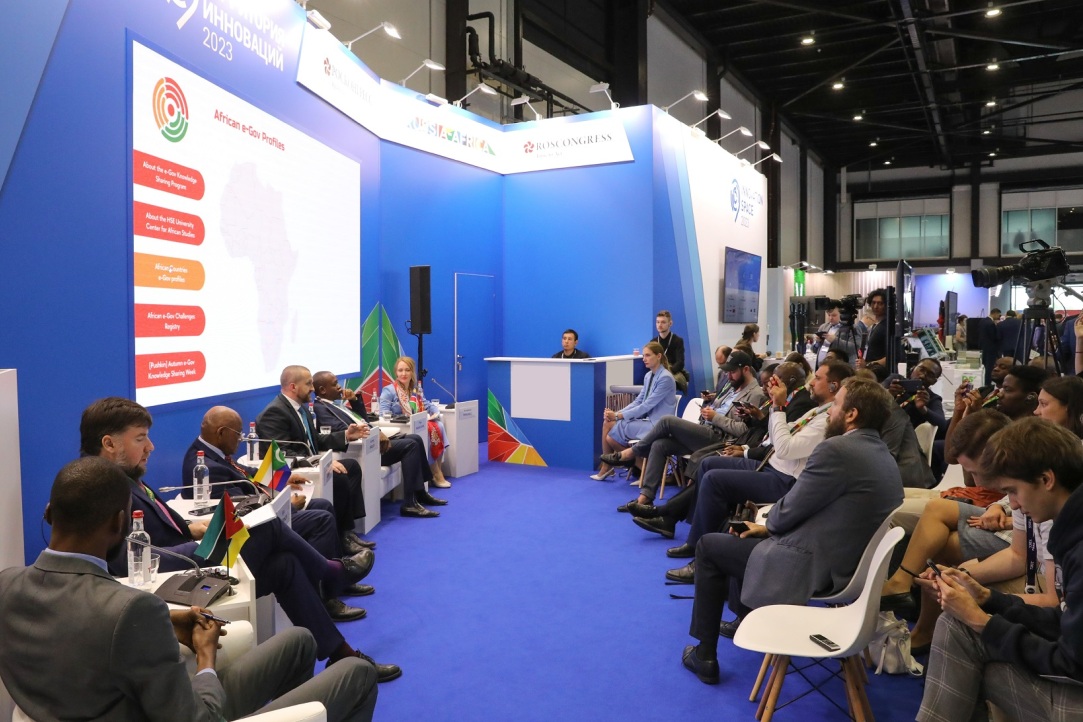
Russia to Help Africa with Public Service Digitalisation
Russian and African civil servants are to exchange experience in the field of digitalisation. The programme was presented by HSE University’s Centre for African Studies in cooperation with the Innopraktika company. The programme organisers are also ready to carry out educational events in any country on the continent.
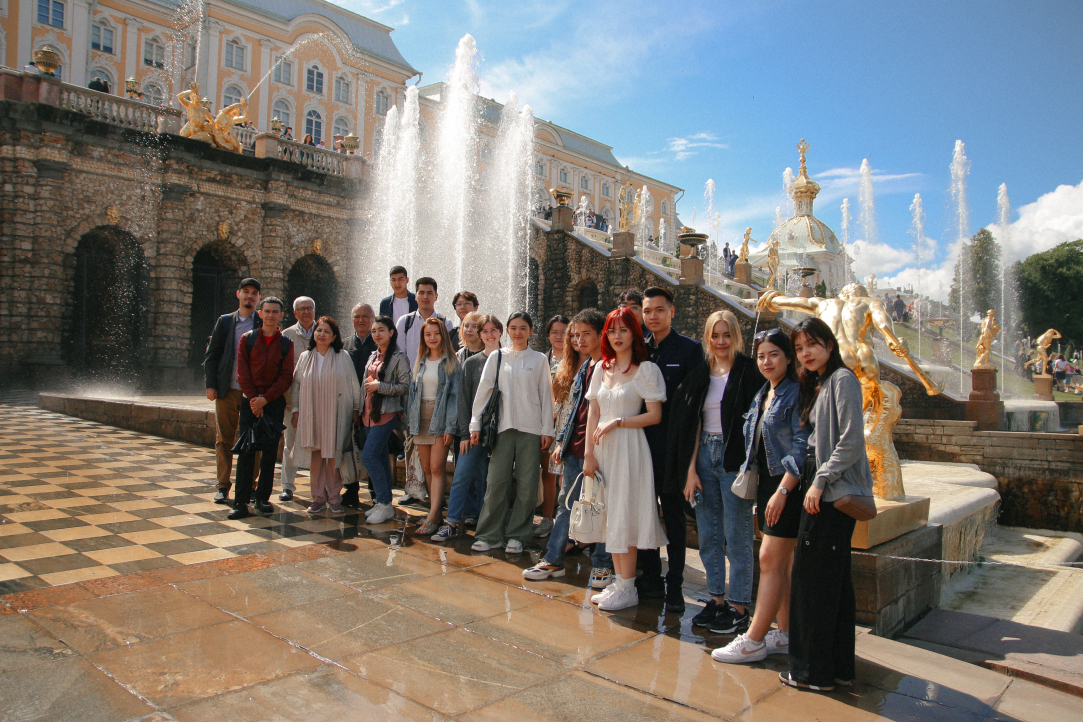
School Ten Thousand Kilometres Away from Home: Students from Thailand at HSE University
HSE University continues to develop its international relations with the best Asian universities. At the request of Thammasat University (Thailand), a special short-term educational programme in ‘Russian Language and Culture’ has been created at the HSE St Petersburg International Office.
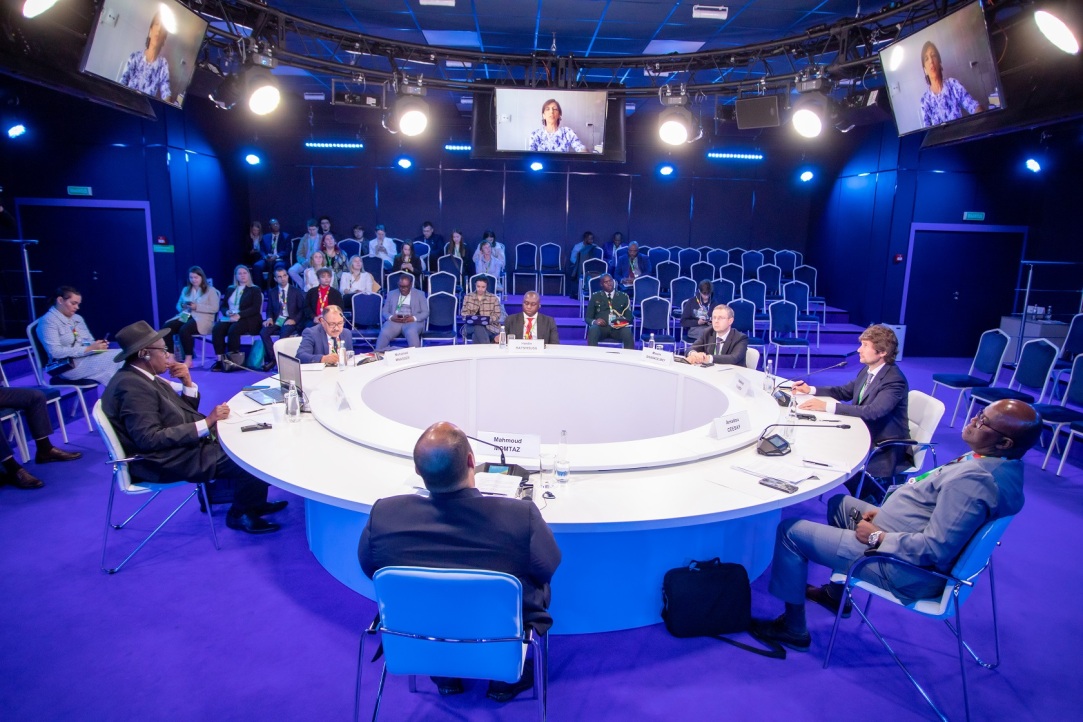
‘The BRICS Centre will Help Transfer Best Practices in Antitrust Regulation to Africa’
At the Russia-Africa Forum held last week, HSE University’s International BRICS Competition Law and Policy Centre, in collaboration with the Federal Antimonopoly Service of Russia, organised a discussion on ‘The Fight against Anticompetitive Practices of Large TNCs, Cross-Border Cartel Combatting, and International Cooperation.’
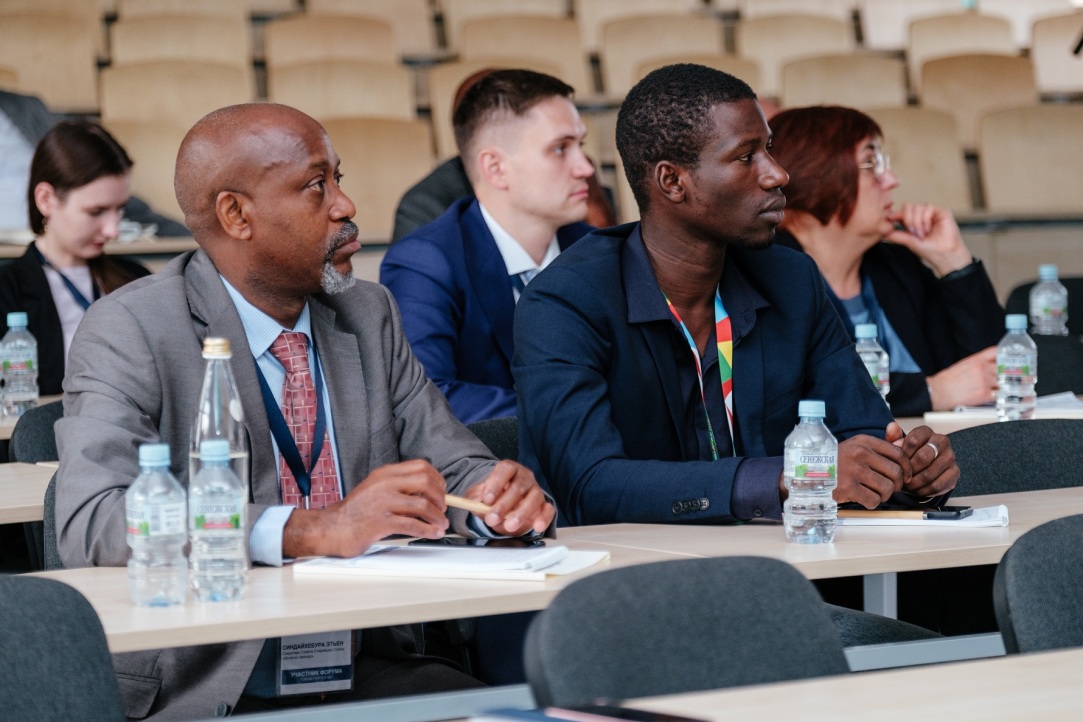
Association of African Graduates of Russian Universities to Be Created in St Petersburg
The first international Forum of African Graduates of Russian and Soviet Universities has come to an end. The forum was held at HSE University in St Petersburg as part of the second Russia–Africa Summit.


Applications are submitted until August 17, 2025